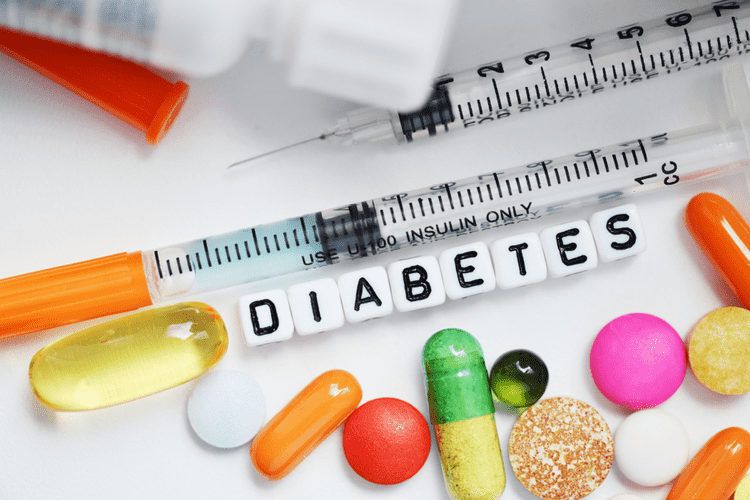It’s a domino effect that can topple carefully constructed lives, leaving chaos in its wake. Physically, alcohol abuse can cause heart, liver, and pancreas problems, including inflammations like pancreatitis. The liver, responsible for metabolizing alcohol, can suffer from diseases such as cirrhosis, with nearly half of liver disease deaths involving alcohol.
Treatment and Recovery Pathways
Over time, persistent alcohol abuse can increase the risk of developing alcohol dependence or addiction, impacting both physical and mental health. Alcohol abuse and alcohol dependence are two distinct conditions that are often conflated. Alcohol abuse refers to a pattern of drinking that leads to the failure to fulfill responsibilities and obligations or drinking in hazardous situations. It is characterised by continued alcohol consumption despite recurrent social, interpersonal, health, or legal problems. On the other hand, alcohol dependence is characterised by a physical and psychological inability to stop drinking, often accompanied by withdrawal symptoms such as insomnia, tremors, and mood swings.

How To Find A Local Alcohol Rehab Facility for Alcohol Dependence Treatment?
He received his Certificate in General Psychology from the American Board of Psychology and Neurology in 2002. Heavy drinking is defined as drinking more than recommended over the course of a week. If you or someone you know is experiencing these signs, it’s important to reach out for professional help.
Professional Assessment and Diagnosis
For those seeking addiction treatment for themselves or a loved one, our calls are confidential and are available for 24/7 help. https://globalsourcedirect.com/substance-abuse-group-topics-recovery-group-topics/ Early intervention helps prevent progression and protects health and relationships. Below is a plain‑English summary of the 11 DSM‑5 criteria for alcoholism (AUD).

What Is the Difference Between Alcoholism and Alcohol Use Disorder?
- Instead of drawing a hard line between abuse and dependence, the DSM-5 assesses the severity of AUD based on 11 clinical criteria.
- Meanwhile, personality traits including impulsivity and low self-esteem increase vulnerability to problematic alcohol use.
- One episode of alcohol abuse can lead to an accident or injury that results in life-altering legal, social, and financial trouble.
- When this occurs repeatedly over time, and when it begins to impact your health and your life, alcohol misuse can become AUD.
The distinction between alcohol abuse and addiction is important for determining the severity of an individual’s alcohol-related issues and selecting the most appropriate treatment approach. Treatment for alcohol addiction and physical dependence typically involves a combination of therapy, medication, and support networks. Alcoholism, a chronic disease characterized by a loss of control over drinking and changes in Drug rehabilitation brain regions, necessitates comprehensive treatment approaches. Recent advancements in understanding the molecular targets for alcohol use disorder (AUD) have led to the development of innovative pharmacological treatments. These include medications like aripiprazole, which affects dopamine and serotonin receptors, alpha-1 blockers such as prazosin and doxazosin, and neurokinin-1 antagonists. Other promising pharmacological approaches involve glucocorticoid receptor blockers, vasopressin receptor 1b antagonism, and oxytocin, among others.
- Calmerry can connect you with licensed therapists who can guide you through this challenging journey, providing the necessary support and professional advice.
- Simply fill out the form below for an instant, confidential insurance verification.
- At Nova, clients also benefit from a holistic approach that strengthens mind, body, and spirit, helping them reclaim balance and stability.
- In a world where alcohol is deeply ingrained in social customs and celebrations, it’s easy to overlook the potential dangers lurking beneath the surface of what seems like harmless fun.
Defining Alcohol Abuse and Dependence
While both conditions can lead to serious health and social issues, alcoholism includes an addiction component that makes it particularly challenging to overcome without professional help. Treatment options, such as FDA-approved medications naltrexone, acamprosate, and disulfiram, are available to support individuals in reducing or stopping their alcohol intake and preventing relapse. Understanding the risk factors, such as genetics, environmental influences, and the age at which one starts drinking, is crucial for prevention and treatment. The FDA has approved medications like naltrexone, acamprosate, and disulfiram to help manage AUD.
- It is essential to seek professional help when undergoing withdrawal, as attempting to quit by yourself can lead to dangerous complications.
- It’s important to note that while these risk factors and causes contribute to alcohol dependence and alcohol abuse, they do not guarantee the development of these conditions.
- FDA-approved medications like naltrexone, acamprosate, and disulfiram can help manage AUD and prevent relapse.
- The spectrum ranges from casual and social use to more serious patterns that interfere with daily functioning.
- Our treatment center in Chicago, IL provides tailored care and support to guide you through recovery.
Alcohol addiction, or alcoholism, is a more severe condition characterized by a loss of control, compulsion, and dependence on alcohol, despite the negative consequences. Understanding the distinction between alcohol abuse and addiction is crucial for recognizing the severity of an individual’s alcohol-related issues and determining the most appropriate treatment approach. Alcohol dependence, often referred to as alcoholism, is a chronic condition marked by a physical and psychological need for alcohol.
This cycle can occur over weeks or months, or an individual may progress through the stages of what is the difference between alcohol abuse and alcoholism incentive salience, negative emotional states, and executive function several times within a day. This process of rehabilitation helps them understand the underlying causes of their drinking and helps them develop healthier behaviors. If you or a loved one frequently abuse alcohol or suffer from alcohol addiction, at least consider getting involved with a support group. Individuals who are suffering from alcohol addiction could be drinking to deal with stress, sneaking drinks throughout their day, or drinking alone. It is difficult for alcoholics to stay sober, and it can be very dangerous for them to get clean. They should seek professional medical attention to ensure they remain safe and healthy throughout the process.
Whether you’re seeking help for yourself or a loved one, we’re here to guide you every step of the way. Behavioral therapies, such as cognitive-behavioral therapy (CBT), have also shown efficacy, especially when combined with other interventions like motivational interviewing (MI) and contingency management (CM). If you are looking for free, local support, you can access Alcoholics Anonymous and find out about support groups in your area. If you are struggling with your mental health and need to talk to someone, the Samaritans provide free, confidential support. Contact us today to discuss your treatment options and begin your recovery from substance abuse. Help4Addiction was created by a former addict – an addict who needed rehab to save his life.